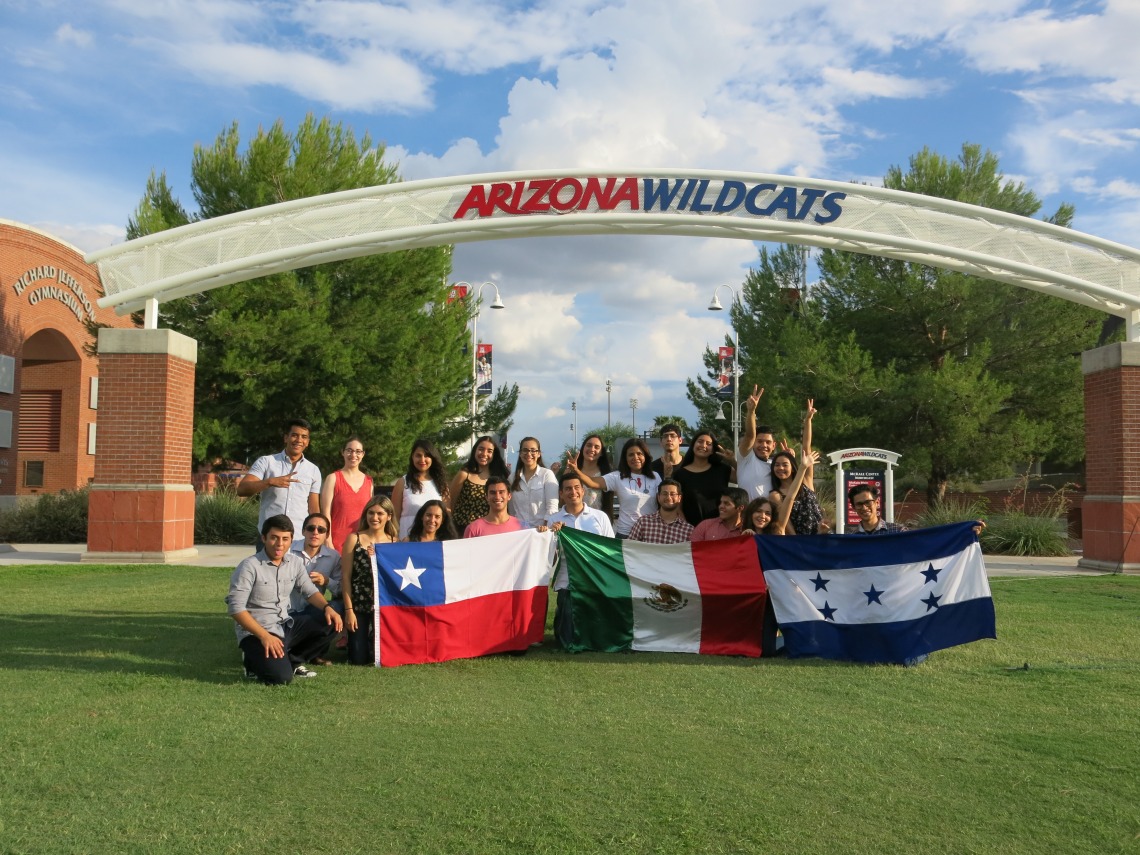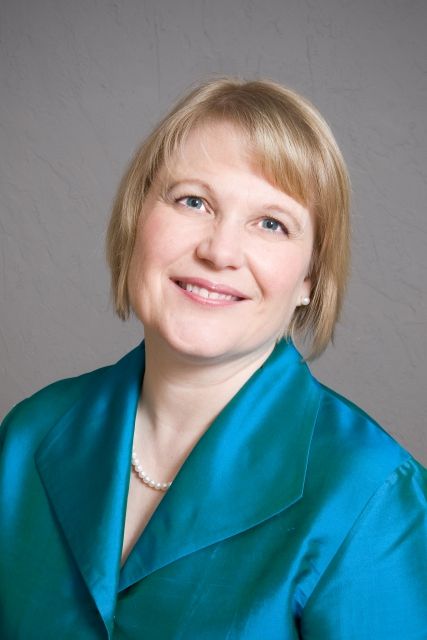UA Professor Recalls Experience as Study Arizona Mentor

It was a summer of firsts in 2017. Cynthia Perez from Universidad Juárez Autónoma de Tabasco, known as UJAT, was the first student to conduct music research during the UA Program “A Learning Research Experience.” It was also the first time Janet Sturman, associate dean of the Graduate College, mentored a student for this particular program.
Exploring Intercultural Music
Under Sturman’s mentorship, Perez conducted research for a seminar called “On the Edge: Expressions of Shared Heritages Throughout Bounding Spaces,” supported by the UA’s Confluencenter for Creative Inquiry. The seminar, comprised of UA faculty members, was created to explore how borders – of any kind at any time – create tensions that reflect expressions of cooperation or division.
“The seminar is relatively new, so Cynthia had an opportunity to help shape the program,” said Sturman, also a professor at the UA’s Fred Fox School of Music. “There are many professors with different perspectives, but Cynthia came with the purpose of studying ethnomusicology. She was interested in the perceptions of hybrid music – and on studying how bands on the United States side of the border are attempting to merge Mexican and U.S. perspectives.”
 Perez set out to examine this kind of music, using two bands from Tucson and one from San Antonio as examples. “This music involves many elements from both cultures – and, sometimes, these characteristics are exaggerated by bands to create stereotypes or to identify themselves and be recognized as Mexicans living in the United States,” said Perez. “But what do Mexican people think about this kind of music?”
Perez set out to examine this kind of music, using two bands from Tucson and one from San Antonio as examples. “This music involves many elements from both cultures – and, sometimes, these characteristics are exaggerated by bands to create stereotypes or to identify themselves and be recognized as Mexicans living in the United States,” said Perez. “But what do Mexican people think about this kind of music?”
The Research Approach
Sturman helped Perez create a framework for her project by imparting her knowledge of research design. She also assisted Perez with a project proposal, looking at what she would analyze and what issues she might face.
Perez first identified a set of peers from Mexico whom she would survey. “My subjects answered questions about how they felt listening to this kind of music: if they felt it was Mexican music, American music, or both – and also if they perceived any stereotypes about the performance of the bands.”
She found that people’s reactions to sample videos of the music performances were shaped by region, and there were sharp differences between respondents from northern, southern, and western Mexico. In this case, international media consumption did not outweigh regional variations.
“She also found people were comfortable with the blend of music, but not necessarily the associated visual images,” Sturman added. “It reminds us that we need to be aware of assuming a uniform response, because people’s identities are much more complex.”
An International Perspective
Gladys Medina Morales, director of Research, Development, and Outreach at UJAT, encourages all students, regardless of their major, to expand their horizons through research.
“Globalization impacts every academic field. UJAT has a significant student population pursuing language degrees and it’s important for our university to encourage these students to participate in short-term programs abroad where they can learn from other cultures,” she said.
“Many students return to UJAT with a strong interest in continuing a research career. These students also increase their interest in pursuing a graduate degree in another country – five are now getting a graduate degree in Europe,” Morales added. “I think this type of international experience, particularly the program at the UA, helps the students to define their academic lives.”
A Mutually Rewarding Experience
Perez walked away from the program with not only a fresh approach of research, but also a newfound understanding of the distinct Arizona-Sonora culture. “I remember on the first week of the program we went to Nogales, so I could understand cross-border culture on my own,” Perez recounted. “It was an incredible experience working with Dr. Sturman. She was very helpful, supportive, and very patient – and now I know how to create a research project from scratch.”
The feeling was mutual for Sturman, who appreciated her in-person meetings with Perez. “It was a great pleasure. We met almost every day for a short period of time. It wasn’t for much more than an hour, sometimes not even that much. It gave us a nice point of contact.”
Sturman also pointed to the summer as an ideal time to mentor a burgeoning researcher. “It’s very rewarding to have the chance to guide a new researcher, and the summer offers a nice window of opportunity. Things slow down and it’s easier to find time in your schedule. It’s a lovely time to do it.”
“A Learning Research Experience,” directed by the Study Arizona: Short-Term programs team in the Office of Global Initiatives, brings international students to Tucson for 10 weeks to participate in research projects, professional workshops, and cultural activities. The program has a track record of success in the STEM fields, and recently expanded to include the social sciences. In 2017, it also opened its doors to students beyond Latin America.
The Study Arizona team is currently recruiting UA faculty members for the 2018 summer program. Those interested in the opportunity should contact Nadia Alvarez Mexia Ph.D., director of Study Arizona: Short-Term programs at nalvarez@email.arizona.edu.

